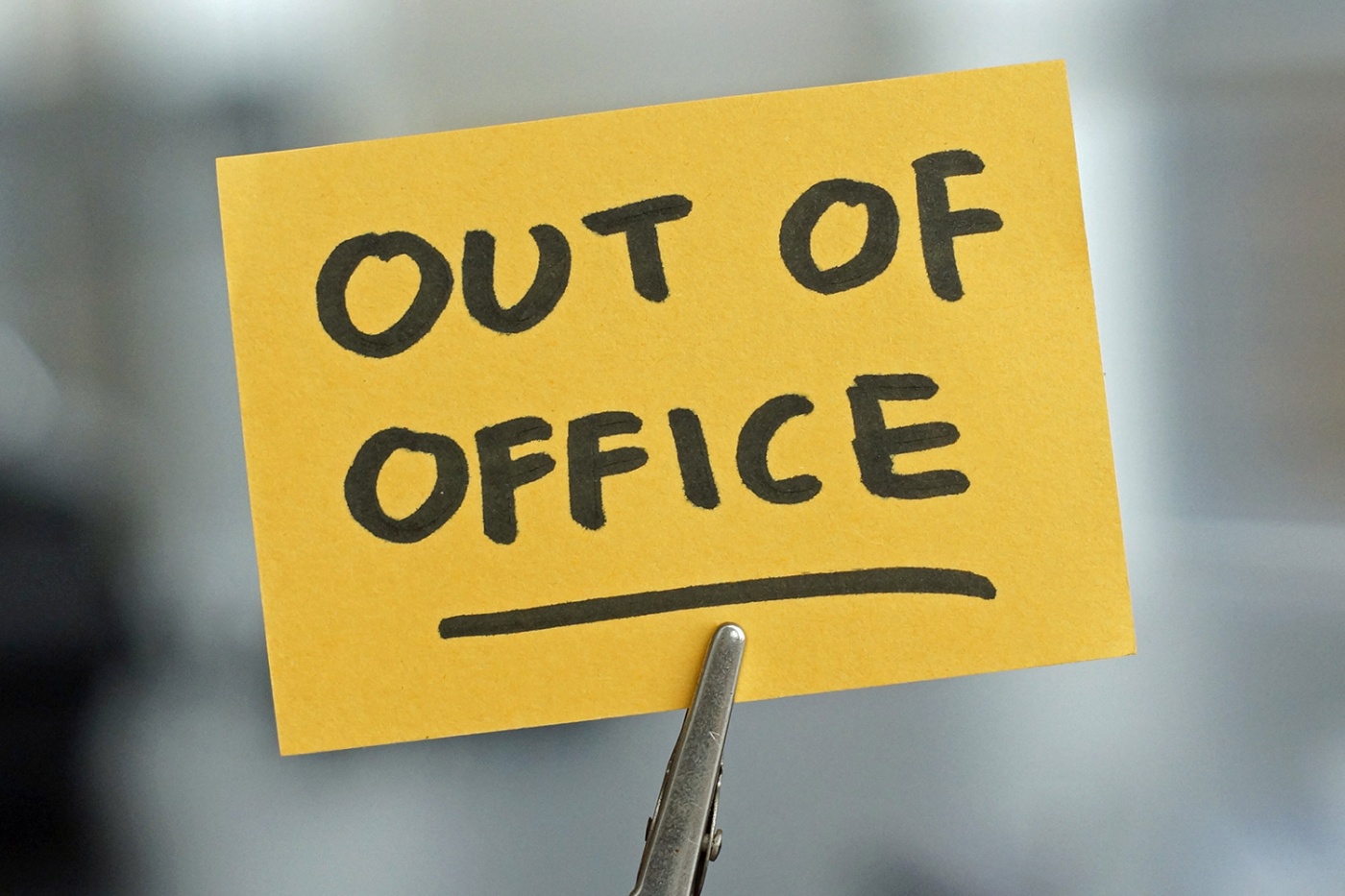Should You Give Your Entire Company a Week Off?
Earlier in April, LinkedIn employees worldwide were given a full paid week off to rest and prioritise their wellbeing. Because after an entire year dealing with Covid-19, a quarterly survey revealed that many of its workers were suffering from burnout. According to Teuila Hanson, LinkedIn’s chief people officer, if staff were all given collective time off, work and emails would not pile up from fellow co-workers. The company also started an initiative called LiftUp!, which included burnout training for its leaders, no-meeting days and mental health resources.
Similarly, Bumble gave their employees a paid, fully offline one-week vacation in June, while Nike decided to close its offices worldwide to help their employees “destress,” so that they have time to unwind and relax. This trend is catching on as there are numerous benefits when you let your employees get more rest. They end up becoming happier workers, which reduces turnover, and in the long run, saves time and money. Here’s why giving your team a week off to recharge is a good idea.
Displaying Gratitude
After LinkedIn’s annual shutdown last year for Christmas, employees felt more energised in general; they could finally indulge in their hobbies or do the things that they liked such as reading or catching up with friends. During Thanksgiving last year, Facebook CEO Mark Zuckerberg gave all his (US) staff an entire week off as a gesture of appreciation for their efforts. He hoped it would boost staff morale after a politically charged summer in the run-up to the presidential election, allowing employees to “disconnect and take the time to rest and recharge before the final push of the year.” It’s not too late to let your team know that you truly care about their welfare. Plus it is a great way to keep them motivated.
Helps Burnout Recovery
A 2021 Mental Health Index from LifeWorks noted that there was a “massive decline in all areas of mental health and work productivity.” Employees everywhere are stretched beyond their limits, adjusting to the changing demands caused by the pandemic. According to Microsoft, 40 per cent of the global workforce considered leaving their company this year because of burnout. Virtual meetings have led to ‘Zoom fatigue’ and mental exhaustion, which has taken a heavy toll on work-life balance. Even the CEO of Lloyds Banking Group, Antonio Horta-Osorio, took an eight-month-long leave of absence to cope with exhaustion.
HubSpot’s chief people officer Katie Burke agrees that a collective break can be essential in helping employees recover from stress and exhaustion. As part of the ‘HubSpot Unplugged’ initiative in July, the tech giant gave their workers a collective break to deal with the additional worry from the past year. After evaluating the feedback from employees, the management agreed that more steps were needed to deal with workplace stress, thus giving them an extended break was the first step to show that they cared. Last month, online fashion tech company Zalando jumped on the bandwagon and gave its 14,500 workforce an extra five days off to allow them to recover from the increased pandemic workload.
Work is a marathon, not a sprint
Although some people might argue against giving employees an extra week off, it’s important for leaders to see the positive long-term effects. Downtime could not only benefit employees, but also management. Reframe the mindset of “it’s bad for the business” to “it can go a long way to keeping them loyal to the company.” It also allows employees to pause and not work mindlessly. Hootsuite founder Ryan Holmes calls this “interval training,” where he argues that bursts of hard work need to be offset by periods of rest and recovery, and is supportive of the idea of extended periods away from work. Hootsuite’s inaugural Wellness Week which took place in July allowed employees to “unplug” together and forgo the need to check work notifications. These built-in breaks gave them a chance to slow down, so they would have the capacity to speed back up again. According to Diamondback’s CEO Ben Eltz, “It’s not by running a sweatshop, it’s more about working smarter.”
Helps to keep employees creative
By giving your team a one week break to fully recharge, you are creating time and space for employees to cultivate new ideas and inspirations that might be impossible to arise with a hectic daily work schedule. Encourage your employees to explore their hobbies and express their creativity outside work, which can help them become more innovative at work. They may even acquire new skills or knowledge that could enhance their professional lives.
Employees feel more valued
Giving employees a much-needed break signals that you place their needs above profits. It also helps to foster a culture of wellbeing in the workplace. Total Brain’s Mental Health Index found that since the start of the pandemic, employees have been less motivated and focused. 85 per cent of employees said that they feel undervalued and that their needs were not being taken care of. Earlier this year, a group of bankers at Goldman Sachs threatened to quit unless working conditions improved. They cited a lack of welfare with most of them working almost an average of 95 hours a week. After repeated complaints, the bank forbade staff to work on Saturdays. In line with fighting burnout, the Reserve Bank of Australia now offers an extra five days of paid holiday in the form of “Loyalty Leave” for all employees with over three years of service.


